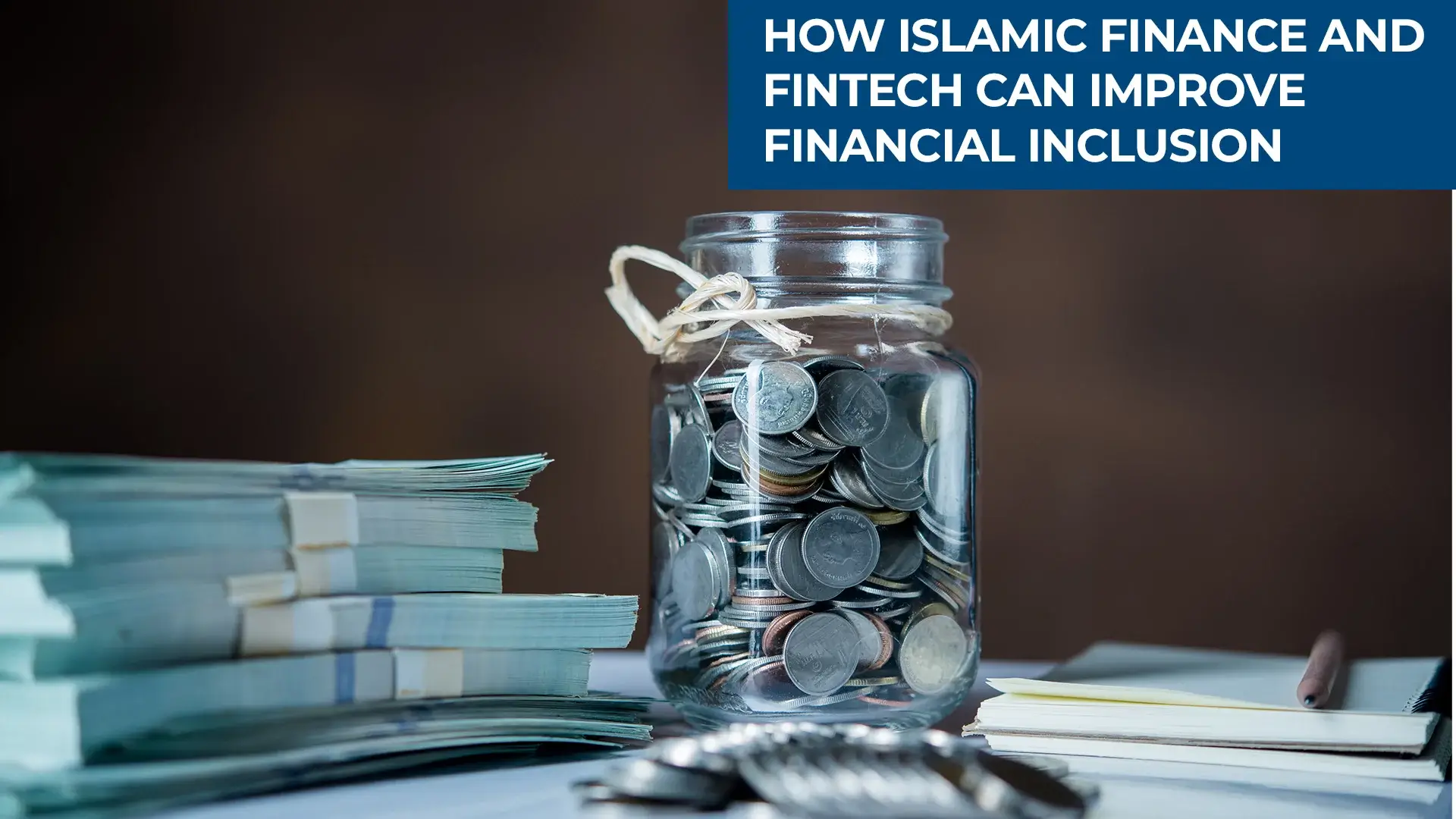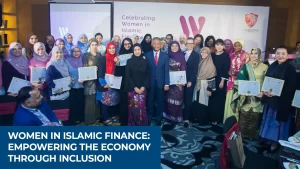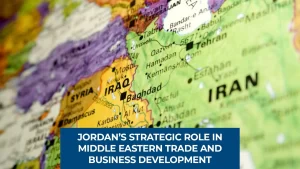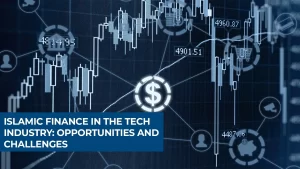Islamic fintech is a vital segment catering to millions of Muslims globally. In contrast, financial inclusion is an approach that ensures every individual has access to valuable and affordable products and services. Hence, it is vital for poverty reduction and enhanced economic development. On the other hand, Islamic finance, with all its principles, is combined with the technological advancement of fintech (financial technology) and bears the vast potential to bridge the gap and enhance financial inclusion globally. Continue to read the article and explore How Islamic finance and fintech can improve financial inclusion accordingly.
PRINCIPLES OF ISLAMIC FINANCE
Islamic finance principles are based on Shariah Law, which focuses on ethical and socially responsible investments. Below are some fundamental principles.
- Restriction on Riba (Interest): Islamic law restricts the interest (riba). Hence, it encourages risk-sharing between lenders and borrowers.
- Avoidance of Gharar (Extreme Uncertainty): Trades should be free from extreme uncertainty (gharar), which guarantees righteousness and transparency accordingly.
- Sharing of Gain and Loss: The investments are based on gain and loss, aligning with the welfare of investors and entrepreneurs.
- Asset-Backed Financing: Such type of finance promotes real economic activity and stability. Hence, transactions must be made supported by actual assets.
- Social Justice: This approach emphasizes social justice and welfare. Thus, it ensures that the financial activities contribute positively to society.
THE ROLE OF FINTECH
Integrating technology with economic services, Fintech has evolved the financial sector by delivering creative solutions to improve efficiency, accessibility, and comfort. Following are the Key fintech innovations:
- Online Banking: Online banking platforms offer a wide range of assistance that will reduce the need for physical appearance at bank branches.
- Online Payments: Online payment allows quick and secure payment methods with the help of gadgets.
- Robo-Advisors: They are automated investment assistants that deliver financial guidance and management with minimal human intervention.
COOPERATION OF ISLAMIC FINANCE AND FINTECH
The junction of Islamic finance and fintech can create solutions that promote financial inclusion. Thus, such an approach addresses people’s unique needs by managing them.
Extending Access to Financial Services
Fintech drags digital platforms and offers Shariah-compliant economic assistance to a wide range of audiences. On the other hand, payment and banking systems with the usage of gadgets, reached to a wider area where banking infrastructure structure is lacking.
Improving Clarity and Trust
With its decentralized and immutable nature, blockchain technology can enhance transparency and trust in Islamic finance. Wise contracts can be automated and executed according to the Shariah Law, ensuring adherence to Islamic principles, as this approach will reduce the chances of fraud.
Education and Financial Literacy
Financial technology also plays a vital role in improving financial literacy by delivering unrestricted and user-friendly educational aids. Hence, online platforms offer webinars and tools to interact with and educate individuals about Islamic finance and entrust them to make sound financial decisions accordingly.
In conclusion, fintech is an essential component when it comes to economic development and social equality. Make sure that everyone has access to financial assistance, as it will enhance economic growth and reduce poverty. Read the article and understand fintech that can enhance financial inclusion






